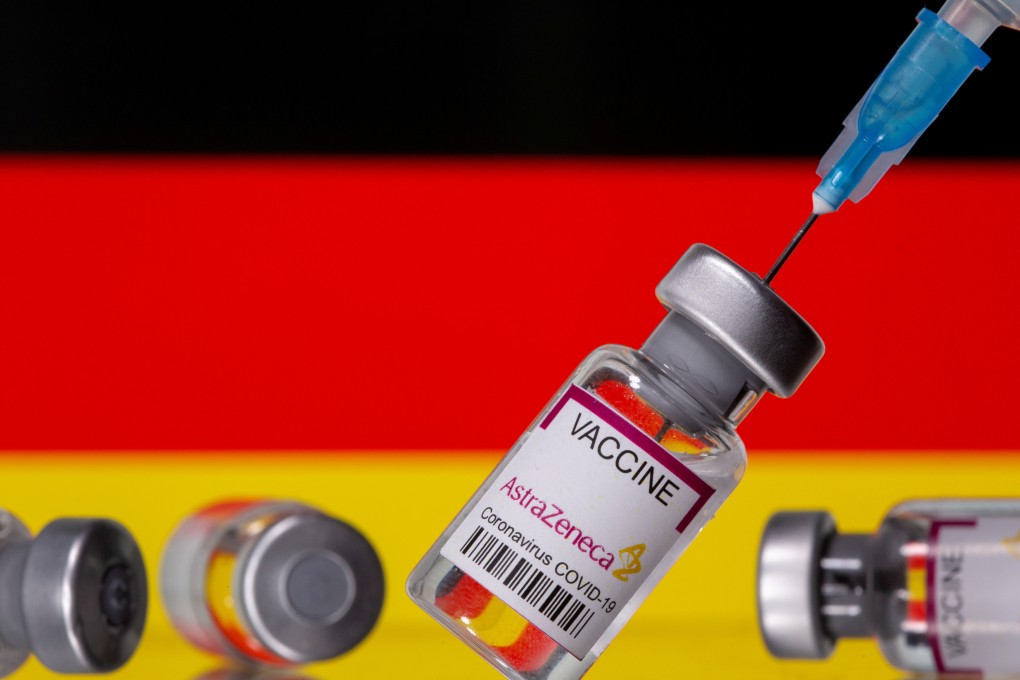Advertisement
AstraZeneca says US trial data shows vaccine is 79 per cent effective, finds no blood clot concerns
- Vaccine maker says late-stage US study shows strong protection and no increased risk of a rare blood clot identified in Europe
- A US FDA advisory committee will now publicly debate the evidence behind the shots before the agency decides whether to allow emergency use
Reading Time:5 minutes
Why you can trust SCMP
2

AstraZeneca’s Covid-19 vaccine provided strong protection against disease and complete protection against hospitalisation and death across all age groups in a late-stage US study, the company announced Monday.
AstraZeneca said its experts had also identified no safety concerns related to the vaccine, including a rare blood clot that was identified in Europe. Scientists found no increased risk of clots among the more than 20,000 people who got at least one dose of the AstraZeneca shot.
Although AstraZeneca’s vaccine has been authorised in more than 50 countries, it has not yet been given the green light in the US. The US study comprised more than 30,000 volunteers, of whom two-thirds were given the vaccine while the rest got dummy shots.
Advertisement
In a statement, AstraZeneca said its Covid-19 vaccine had a 79 per cent efficacy rate at preventing symptomatic Covid-19 and was 100 per cent effective in stopping severe disease and hospitalisation. Investigators said the vaccine was effective across all ages, including older people – which previous studies in other countries had failed to establish.
“These findings reconfirm previous results observed,” said Ann Falsey of the University of Rochester School of Medicine, who helped lead the trial. “It’s exciting to see similar efficacy results in people over 65 for the first time.”
Advertisement
Julian Tang, a virologist at the university of Leicester who was unconnected to the study, described it as “good news” for the AstraZeneca vaccine.
Advertisement
Select Voice
Choose your listening speed
Get through articles 2x faster
1.25x
250 WPM
Slow
Average
Fast
1.25x